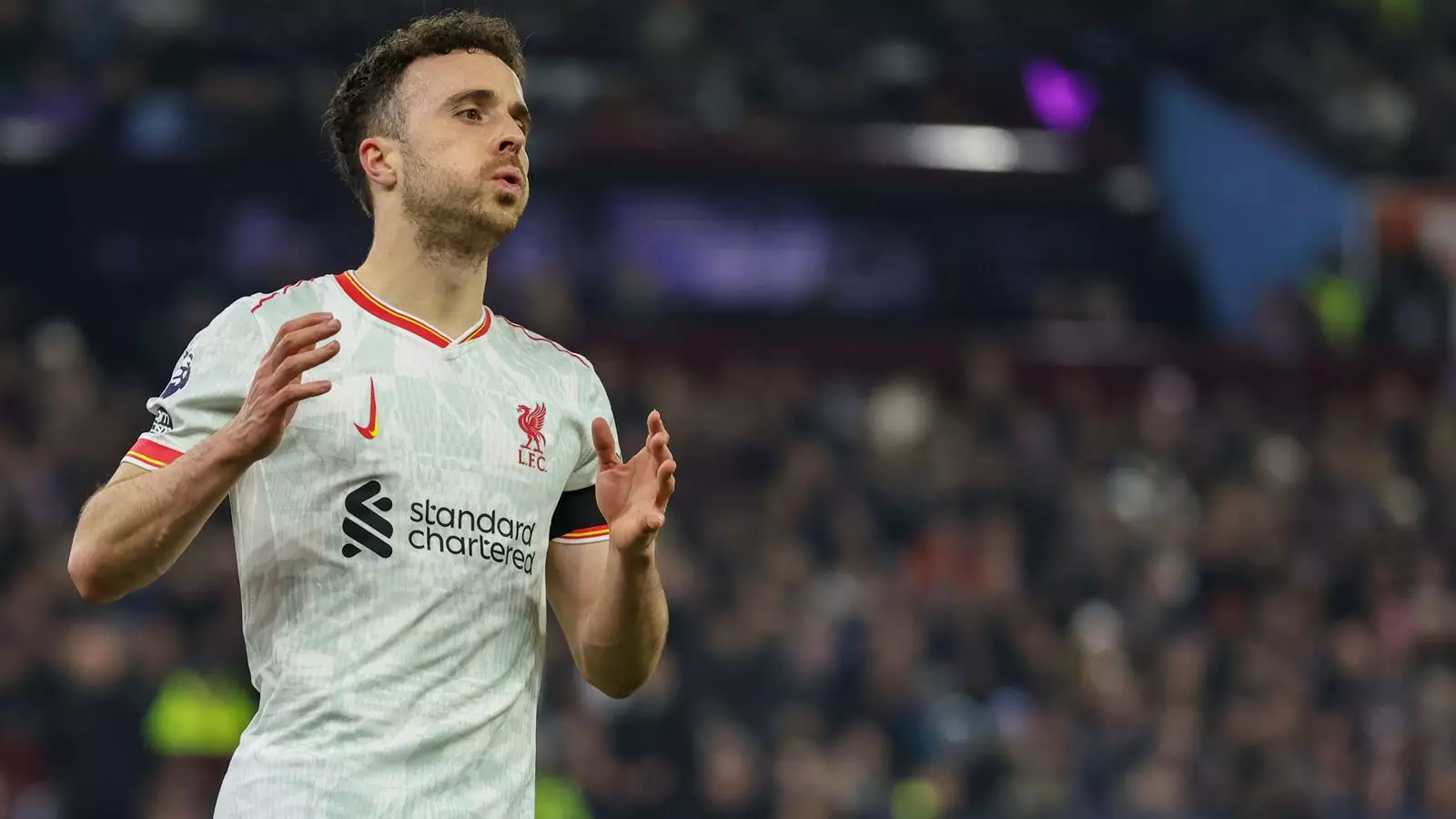The sudden death of Diogo Jota, a talented footballer whose career had been ascending rapidly, has sent shockwaves across the sports community and beyond. His untimely passing in a tragic car accident exemplifies the fragile nature of life and the profound impact of unforeseen tragedies. As a center-wing liberal, I believe this event underscores the importance of societal responsibility—not just toward our fellow citizens in moments of triumph but also in times of crisis. This grim incident challenges us to reflect on how we approach safety, personal vulnerability, and the collective duty to protect lives, especially those in the limelight.
Such tragedies serve as a stark reminder of the unpredictable perils lurking in everyday life. Jota’s death, occurring shortly after a momentous personal milestone—the celebration of his marriage—adds an extra layer of heartbreak. It exemplifies how success and happiness can be abruptly snatched away, exposing the delicate balance between personal achievement and unforeseen tragedy. The loss extends beyond the individual, affecting family, friends, fans, and the broader community united in grief and disbelief.
The Societal Reflection on Privilege and Vulnerability
Diogo Jota’s accident spotlights pressing societal issues—particularly the risks associated with road safety and the recklessness that can have tragic consequences. While technical explanations point to a tire burst during overtaking, this incident reignites debates about infrastructure, vehicle safety, and driver awareness. It prompts us to question whether more stringent regulations, safety checks, or technological innovations could have mitigated such a catastrophic outcome.
Moreover, this tragedy demonstrates how fame does not confer immunity from everyday dangers. Celebrities are often portrayed as invincible, yet this event lays bare their inherent vulnerabilities. Society tends to romanticize athletic greatness and overlook the human fragility behind the achievements. Jota’s death encourages a necessary conversation: no matter how successful, we all remain susceptible to life’s unpredictable hazards, urging us to adopt a more cautious and conscious approach, especially on the roads.
Fallen Heroes and the Limitations of Public Grief
While the immediate reactions—statements of condolence from Liverpool FC, the Portuguese football federation, and global icons like Cristiano Ronaldo—are heartfelt, they serve a purpose beyond mourning. They reflect society’s tendency to rally around figures of admiration during moments of crisis, emphasizing communal solidarity. Yet, this collective grief also exposes a troubling tendency to temporarily forget systemic issues that contribute to such tragedies.
Celebrating the achievements of Diogo Jota should not overshadow the systemic failures that might contribute to road accidents—poor road conditions, inadequate safety enforcement, or lack of technological safeguards. The death of a young, promising athlete underscores society’s need to translate grief into meaningful action—improved road safety measures, investment in public health infrastructure, and fostering a culture of safety that extends into all facets of daily life.
Furthermore, Jota’s personal story—married, a father of three, and a burgeoning star—symbolizes potential unrealized. Society’s fascination with celebrity often glamorizes their lives but neglects the human aspects that connect us. His death reminds us that social media tributes and public mourning, while necessary, cannot substitute for genuine policy changes or community-driven safety initiatives designed to prevent such devastating losses.
Reevaluating Society’s Role in Protecting Vulnerable Lives
This tragedy compels a broader reflection on societal values and priorities. Are we doing enough to safeguard those whose lives are intertwined with our collective identity? Diogo Jota’s death, although personal to his family and friends, belongs to a shared moral domain—one where we have a responsibility to advocate for safer roads, more compassionate public policy, and support systems for those most at risk.
As a society leaning toward center-wing liberalism, we must recognize that fostering resilience goes beyond charity or symbolic gestures. It requires concrete action—public investments in infrastructure, stricter vehicle safety standards, and fostering a cultural shift that prioritizes collective well-being over individual convenience. Protecting lives demands proactive measures rather than reactive mourning.
Jota’s tragic exit could serve as an awakening—a catalyst urging us to reevaluate our commitment to safety, fairness, and justice for all. His death leaves an indelible mark not only because of his talent but because it starkly reveals the tenuous link between success and vulnerability in modern life. It’s a call to action to create a society where tragic losses like this become less frequent, where life’s fragility is acknowledged and addressed with both compassion and resolve.

Leave a Reply